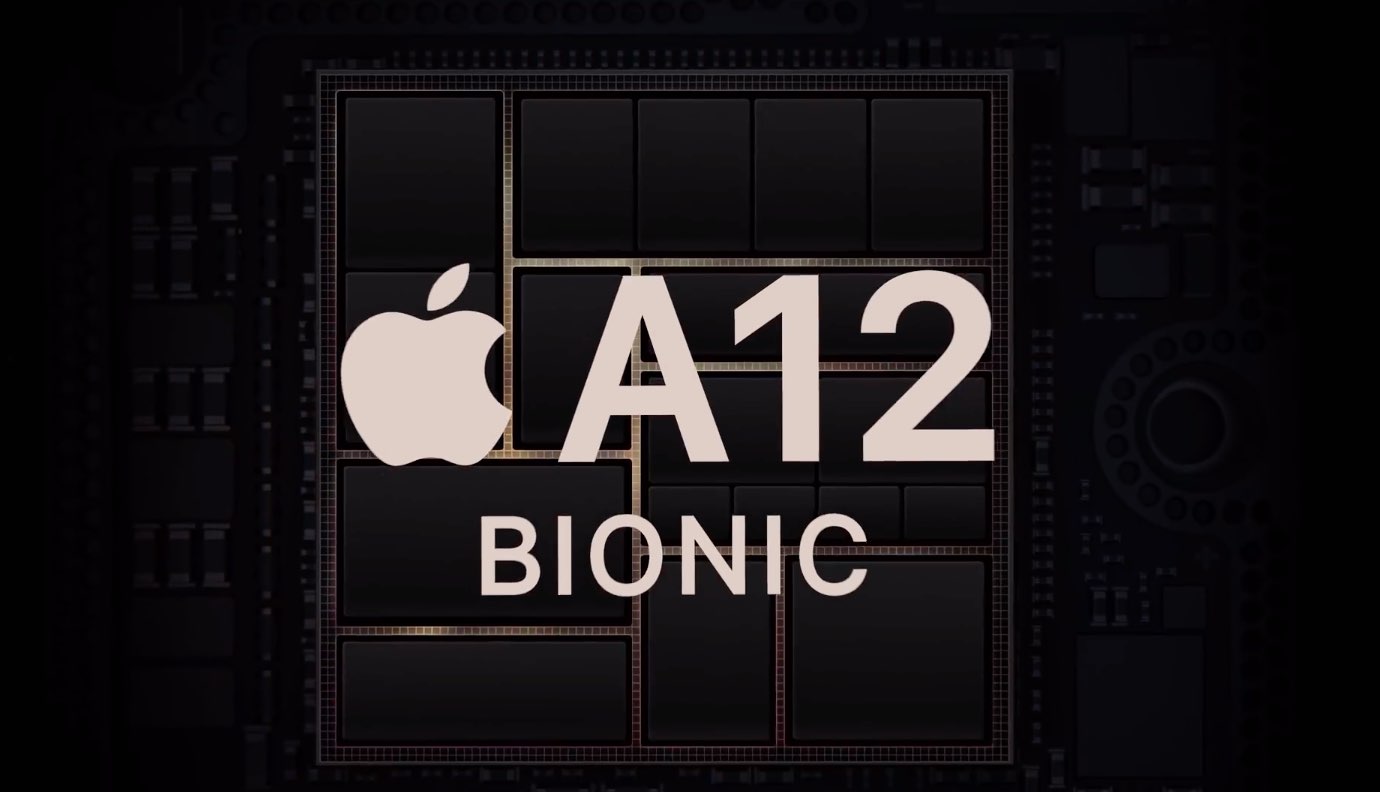
2018’s A12 Bionic filed as the world’s first seven-nanometer mobile processor, and it still smokes competition! But iPhones due in 2020 may give would-be iPhone killers another pause. According to sources, Apple’s tentatively named “A14 Bionic” chip powering 2020 handsets will be fabricated on TSMC’s cutting-edge five-nanometer process technology.
TSMC, which stands for Taiwan Semiconductor Manufacturing Company, is the world’s biggest independent semiconductor foundry capable of churning out chips based on clients’ blueprints on a mass scale.
Industry sources cited in today’s report by DigiTimes, a Taiwanese trade publication, hinted that Apple might be the primary beneficiary of TSMC’s $25 billion investment into volume production of five-nanometer chips.
“TSMC is expected to secure the first 5nm chip orders from Apple for the 2020 iPhones,” a source told the publication.
Here’s a quick overview of semiconductor process technologies used in the production of Apple-designed chips in the past few years:
- Apple A7: Samsung HKMG 28nm
- Apple A8: TSMC 20nm
- Apple A9: TSMC 16nm FinFET, Samsung 14nm FinFET
- Apple A10 Fusion: TSMC 16nm FinFET
- Apple A11 Bionic: TSMC 10nm FinFET
- Apple A12 Bionic: TSMC 7nm FinFET
- Apple A13 Bionic: TSMC 7nm FinFET
If you’re wondering about the current A12 Bionic and its successor (likely to be called “A13 Bionic”) both being based on the 7nm technology, the A13 should move to extreme ultraviolet lithography (EUV) for the first time to fit even more transistors onto a smaller die.
Are you liking Apple’s performance mobile chips so far? Share your thoughts and observations with fellow readers in the comments down below.






Recent Comments